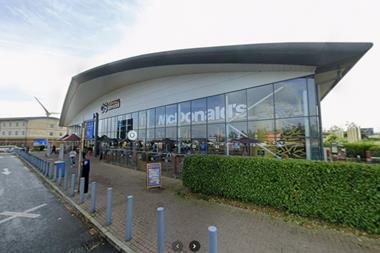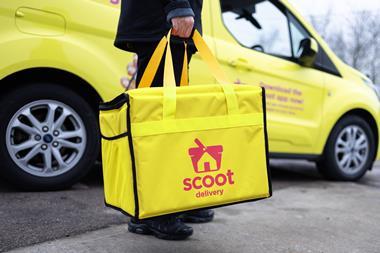Communities and shoppers respond better to independent retailers than to major multiples, but only if they harness their advantages, according to new research from ACS and Said Business School at the University of Oxford.
The paper has emerged from a long-running project to understand the economic and social contribution of local shops. This is based on research conducted in five different communities across the UK and includes interviews with local business owners and community members.
The paper ‘Who’s in charge and what does it matter? The impact of ownership structure on convenience store performance’ compares how different types of stores operating in the convenience sector are managed and the comparative advantages and challenges they present.
It is accompanied by a further paper ‘Exploiting the opportunities of ownership: Some practical recommendations’, which is designed to help retailers to think about how they can harness the advantages of being independent in forming a business strategy.
ACS/Oxford research associate Thomas Hastings said: “There is no single way to run a business. It’s a question of how businesses work to their strengths and maximise their advantages.
“It is important for business owners of all kinds to think strategically about their operations. The practical recommendations we have provided are a way to help independent retailers to do this.”
Some of the key advantages for independent operators are the greater discretion they have in decision-making, their ability to shape the culture of their business, the close relationship between staff and the owner, their ability to take risks, and lower costs for monitoring and controlling operations. However, each of these advantages can be turned to the disadvantage of the retailer if the retailer fails to understand and exploit them.
This paper is one of the resources available to all ACS members, academics and other researchers interested in the convenience store industry. These can be viewed at www.acs.org.uk/research.

































No comments yet